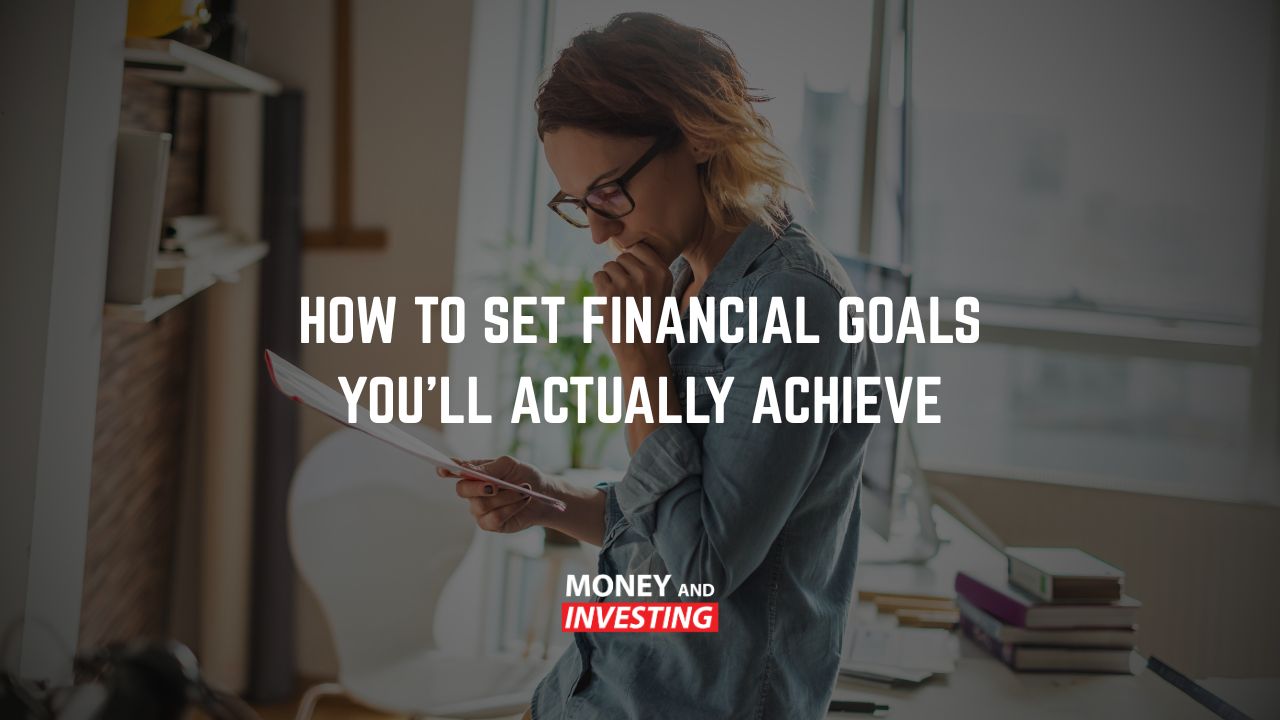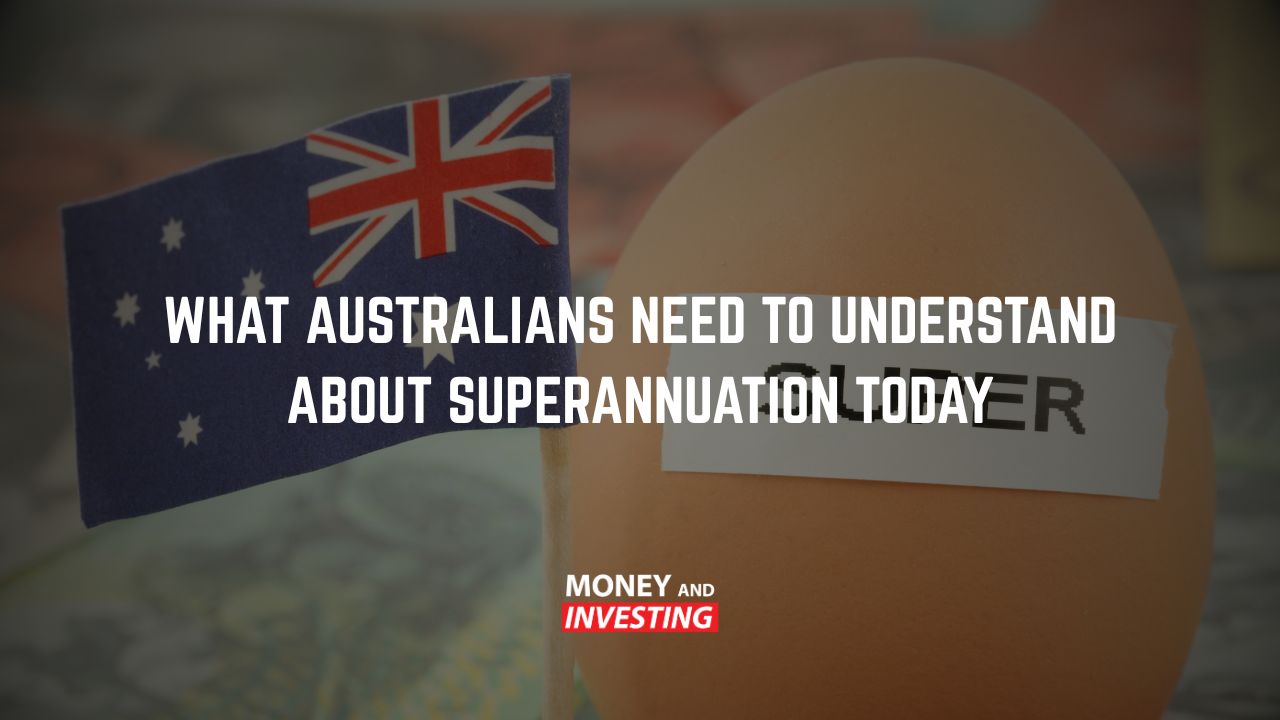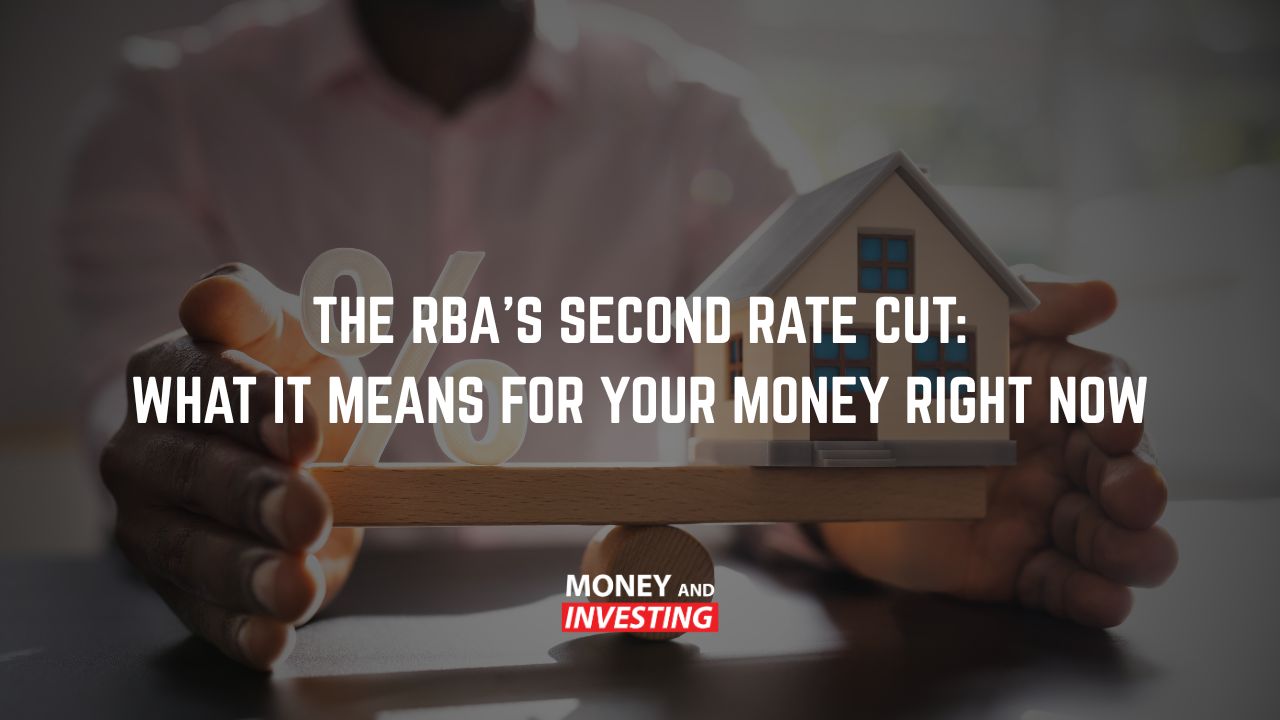We are back with another episode of our top 5 series. This time however, we are looking at some investment blunders – specifically in the property space. Join us this week as Andrew walks through some property investment mistakes:
Buying off the Plan
For property buyers, buying off the plan can be a major mistake. You are effectively committing to buying a property that is yet to exist, putting a deposit down prior to construction starting. These are typically in highrise apartments or other apartment developments. Host Andrew Baxter explains that you are locking in a buy price down the line without any certainty of what it will be worth. If the value of the property increases from when you buy it, developers can often wriggle out of the contracts and look to sell them for more, slighting you out of a good deal. If the opposite happens however, and the value of the property decreases you will be stuck paying the initially agreed upon price and straight away have an asset worth less than what you paid for it. The added costs associated with the agency selling the properties then has to be added to the cost and by that point it is very difficult to really be getting value on the property for yourself when things do go well.
Buying Properties Where You Want Them, Not Where They’re Profitable
Because property is such a hefty transaction, property investments are generally the biggest investment decisions people will make. When it comes to investment properties in particular, the choice should really be focused on how much money you can make. Host Andrew Baxter explains when it comes to buying investment properties, there are a few factors to look at to determine if it is a good investment. Things that give a property inherent value like location are greatly important as this can have a huge effect on rent.Overall, investment properties are not places you are looking to live in, but are designed to make you money. That’s why it can sometimes make sense to buy in places where you wouldn’t necessarily want to live.
Focusing on Negative Gearing
Negative gearing is probably a term you’ve heard mentioned many times. Host Andrew Baxter explains that a property is negatively geared when the rental income you receive on a property is less than the expenses you have to pay associated with the property. That overall loss can then be written off against income tax to lower the overall taxes for someone. This is a useful and attractive tool in many senses, however there are potential issues. At the end of the day, negative gearing means a property is providing a negative yield which is not actually a positively earning asset. Investments should be made trying to make money, so adjusting in order to purposefully make a loss on an investment to save on some tax somewhere else may not always be the best plan.
The Cost Perspective
There is a wide variety of costs associated with property ownership. Of course there are the obvious ones like interest and maintenance, but one that is often overlooked is body corporate fees. Host Andrew Baxter explains that it is vital to understand the body corporate fees associated with an investment property because they are not paid for by tenants, but by the owners. So although you may think it is handy to have an apartment with an elevator and a pool, the upkeep for these things cost money which have to be paid for by owners in the property. It may seem harsh, but when you are buying an investment property you need to primarily think about the costs you are incurring ahead of the convenience for any prospective tenants. Being mindful of landlord insurance as well can be important as this is just another cost that adds up for property investors.
Structuring and Tax
As with any major investment, there are a lot of tax implications that go along with property investment. Structuring is a topic we have discussed a number of times and something Host Andrew Baxter strongly suggests getting set up properly. If things are not set up in an optimal way for your personal circumstances, the viability of your investment in a property may no longer be worth it.



